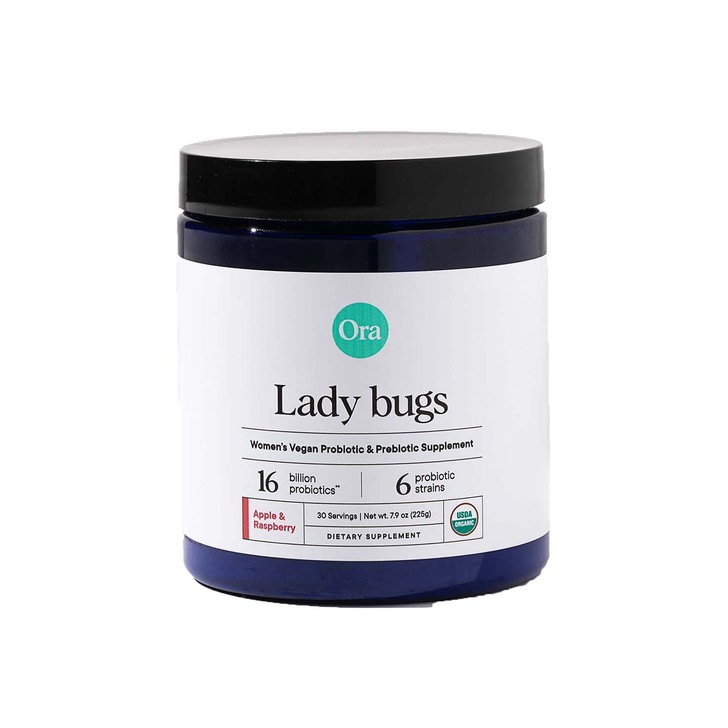The skin illness known as eczema affects an estimated 20% of children and adults worldwide. Eczema, characterised by itchy, dry, and inflammatory skin, may be a challenge to deal with on a daily basis.
Eczema sufferers have several treatment choices and drugs to choose from, but there are also many vitamins that may be beneficial. Eczema symptoms may be alleviated by taking the following vitamins.
The fish oils
Fish oil increases your intake of heart-healthy omega-3 fatty acids, which may also benefit your skin’s health due to its anti-inflammatory properties.
According to a review of different alternative eczema supplements, fish oil was proven to offer a benefit for eczema that was on par with a placebo treatment. Some studies in this assessment were too small or of poor quality to be included.
In the meanwhile, a study on mice found that omega-3 fatty acids may help reduce inflammatory signs and eczema-related skin lesions. Choosing the best eczema creams is essential here.
Tocopherols
Vitamin D, sometimes known as the “sunshine vitamin,” is created when your skin is exposed to sunlight. Aside from that, a number of foods naturally contain vitamin D, and the vitamin may also be obtained in supplement form.
Vitamin D may be helpful in the treatment of eczema, according to certain research.
Studies have shown that taking vitamin D supplements is more effective than getting a placebo in treating severe eczema symptoms, according to one review of four studies.
Another meta-analysis of 21 distinct studies found a link between lower vitamin D levels in children and more severe eczema. It was found that taking vitamin D supplements helped alleviate eczema symptoms in almost two-thirds of the studies that looked at it.
Many prior studies have shown that vitamin D may diminish inflammation markers, which may be beneficial for the treatment of inflammatory diseases like eczema.
Preservatives and antioxidants
It is common to find vitamin E as an active ingredient in a broad range of skin care products. Eczema may potentially be alleviated by its ability to protect skin from oxidative damage. Individuals who received 400 international units (IU) of vitamin E daily for four months had significant improvements in their eczema as well as symptoms such as itching.
Melatonin
Though melatonin is often used to help people sleep, it may also be useful in treating eczema. Melatonin has been shown to be an antioxidant, reduce inflammation, and inhibit the development of eczema, according to studies. “[Citation is required]
Some studies have shown that feeding children melatonin for four weeks resulted in improved sleep and less severe eczema symptoms. The severity of eczema was shown to be correlated with both an increase in sleep disturbance and a decrease in the synthesis of the sleep hormone melatonin in a study involving children. Despite this, further study is needed, especially on elderly individuals.
Probiotics
As the name suggests, probiotics are beneficial microorganisms that have been linked to several health benefits. Probiotics may help ease the symptoms of eczema, according to one research, despite inconsistent results from previous studies. There is evidence that probiotic supplementation may reduce the severity of eczema in both children and adults, for example. Another study found that newborns who received probiotics had a much decreased chance of acquiring eczema than those who received a placebo. An study of 39 studies concluded that probiotics had no significant effect on eczema or on its sufferers’ well-being despite their potential benefits, however.

